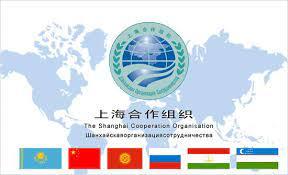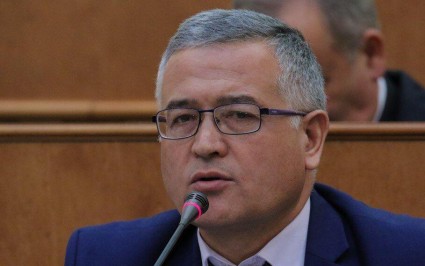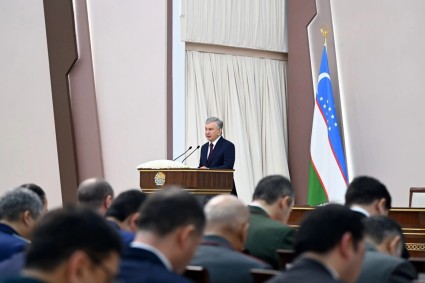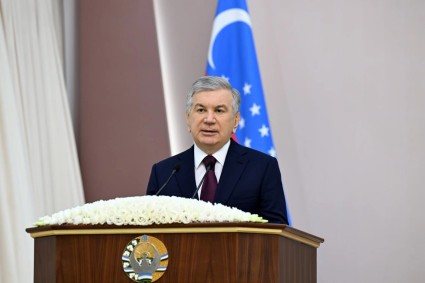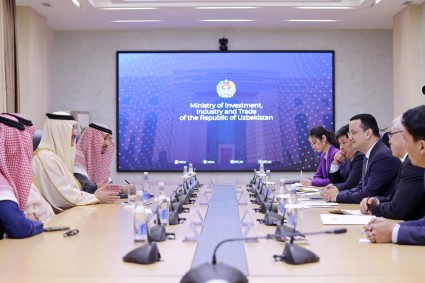The Heads of Government of the Shanghai Cooperation Organization (SCO) countries adopted the new Multilateral Trade and Economic Cooperation Program until 2035 on Saturday.
The previous program, in effect since 2003, will be valid through 2020. The emphasis in the new program has been placed on digitalization and high technologies.
The new document has set priorities in the trade-investment in banking and financial cooperation, transport and logistics, industry, agriculture, energy, customs, innovation, information technology, spatial development, interregional interaction, tourism, ecology and education areas.
In addition, a decision was approved on drafting of a SCO cooperation concept for development of remote and rural territories in the digital era and an action plan for its implementation.
It also deals with the cooperation between border areas of the SCO countries. The concept will be submitted for review by the SCO Council of Heads of State meeting in St. Petersburg on July 22-23, 2020.
The heads of government approved the Regulation of the consortium of SCO economic think tanks - one center from each member country.
The concept of contacts between the railway authorities of the SCO members and the decision to draft a framework agreement between the SCO governments on the formation of an integrated transport management system was also approved. The purpose of this document is reportedly to develop a unified system of interaction for all modes of transport.
The SCO Heads of Governments have approved a program for the development of the environmental well-being of the SCO cities and a decision on cooperation in the field of trade in services between the SCO countries.
The customs authorities of the SCO countries signed a Memorandum on Mutual Integration of National Transit Systems. The document defines the rules for interaction and integration of national transit systems "with an eye to further deepening."
The Memorandum will also allow to speed up and simplify the procedure for customs operations, facilitate the introduction of paperless technologies, unify the principles of operation of national information systems.
In total, 14 documents were signed, of which 12 directly signed by the Prime Ministers, within the framework of the meeting of the Council of Heads of Government of the SCO countries.

